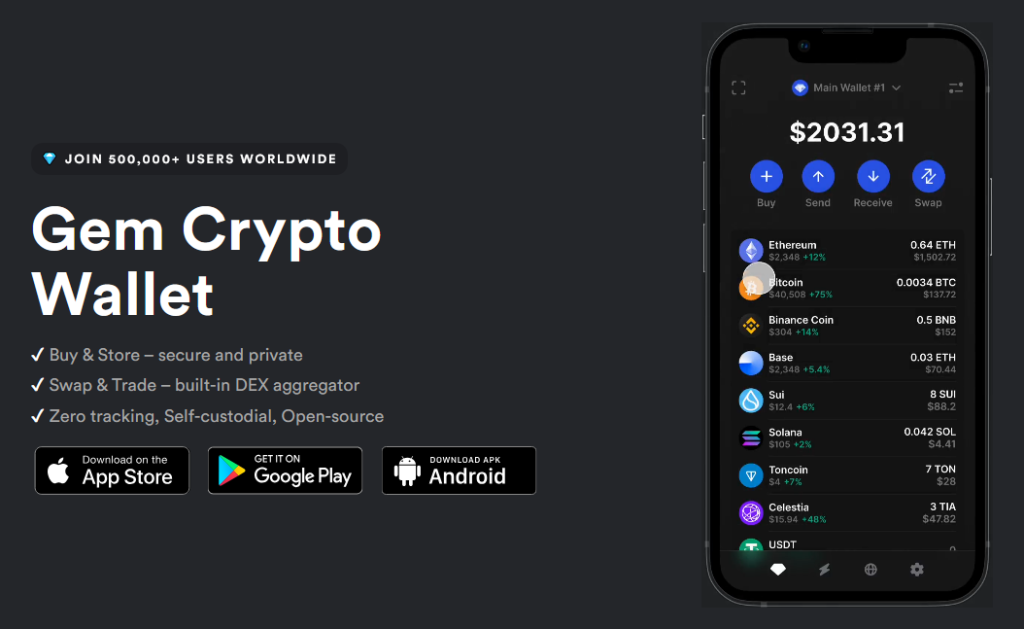Forex Cards: Benefits and How to Use

In the realm of international travel and finance, forex cards have emerged as a savvy companion for globetrotters and business travelers alike. These pre-loaded cards offer a seamless way to carry and spend foreign currency abroad, combining the convenience of a debit card with the currency-specific benefits of cash. Let’s delve into what forex cards are, their advantages, and how to make the most of them on your travels.
Unpacking Forex Cards: What Are They?

Forex cards, or foreign exchange cards, are prepaid cards that you can load with one or more foreign currencies at a time. They function much like a regular debit card but are specifically designed for making payments or withdrawals in foreign currencies while you are traveling abroad. These cards are issued by banks and financial institutions, and they carry the logo of major payment networks like Visa or MasterCard, ensuring worldwide acceptance. A forex card can be a cost-effective and secure alternative to carrying large amounts of cash or using your regular bank card, which might incur high fees and less favorable exchange rates.
The Advantages of Using a Forex Card Abroad

One of the primary benefits of using a forex card abroad is the ability to lock in exchange rates before you travel, protecting you against currency fluctuations. These cards also reduce the risk of theft or loss, as they can be easily blocked and replaced, whereas lost cash is gone forever. Forex cards are accepted worldwide, offer the convenience of instant payments, and come with emergency assistance services. Moreover, they often have lower transaction fees compared to credit or debit cards, and because they are prepaid, they can help you manage your budget more effectively, preventing overspending.
How to Secure and Load Your Forex Card

Securing and loading your forex card is a straightforward process. First, you’ll need to apply for one through a bank or financial institution, either online or in person. After verification, you can load the card with your desired currency or currencies, often through an online portal, bank branch, or mobile app. It’s advisable to load the card when the exchange rates are favorable to get more bang for your buck. Keep your card details secure and share them only with trusted entities to prevent fraud.
Navigating Exchange Rates: Maximizing Value

Exchange rates can significantly impact the value you get from your forex card. To maximize this value, monitor exchange rates before loading your card, as this can result in substantial savings, especially for larger amounts. Some cards offer the feature to lock in rates at the time of loading, which can protect you against adverse fluctuations. Be aware of the exchange rate margins applied by your card provider, as these can vary.
Tips for Managing Your Forex Card Efficiently

Effective management of your forex card can enhance your travel experience. Keep track of your balance and reload the card as necessary, preferably during favorable exchange rate periods. Use your card’s online portal or app to monitor spending and to ensure you’re not caught off guard by fees or charges. Additionally, it’s wise to have a backup payment method in case of emergencies or acceptance issues. Inform your card issuer about your travel plans to avoid service interruptions, and always choose to pay in the local currency to avoid additional conversion charges.
Avoiding Common Pitfalls with Forex Cards

Despite their convenience, forex cards come with potential pitfalls that travelers should be aware of. Be cautious of hidden charges, such as reloading fees, inactivity fees, or cross-currency charges if you use the card for a currency not preloaded on it. Reading the terms and conditions carefully can help you avoid unexpected costs. Additionally, some merchants or ATMs abroad may levy their own fees for forex card transactions, so it’s worth asking about this in advance.
Comparison Table: Forex Cards vs. Credit/Debit Cards
| Feature | Forex Card | Credit/Debit Card |
|---|---|---|
| Currency Exchange Rates | Locked in at loading | Subject to fluctuations |
| Transaction Fees | Generally lower | Typically higher, especially for international transactions |
| Security | Can be blocked and replaced if lost | Higher risk if lost or stolen |
| Acceptance | Worldwide | Worldwide, but sometimes declined abroad |
| Budget Management | Prepaid, helps manage spending | Can lead to overspending |
| Additional Charges | May have reloading or inactivity fees | May have annual fees, late payment fees, etc. |
In conclusion, forex cards offer a blend of security, convenience, and cost-effectiveness that can make them an excellent choice for international travelers. By understanding how to use these cards effectively, navigating exchange rates, and managing your card efficiently, you can enjoy peace of mind and financial control on your overseas adventures. Just be sure to stay informed about potential fees and charges to avoid any unwanted surprises.







Interesting read about forex cards. Could be handy for my next trip.
Forex cards look useful for travel. Good to know about locking exchange rates.
Forex cards seem better than carrying cash abroad. Will look into this.
Forex cards might be secure, but the process to load them is too long. Easier to use my bank card.
The article makes forex cards sound easy, but managing exchange rates is difficult. Too much work.
These cards seem good, but I’m worried about all the extra fees. Are they really cheaper?
I don’t like forex cards. Too many hidden charges! Better to use cash.
I think forex cards are confusing. So many fees and rules. Not for me.
Never heard of forex cards before. Might try one for security on travels.
It’s good that forex cards can be blocked if lost. Safety is important.
Why bother with forex cards? My credit card works fine abroad. No need for extra card.
I tried a forex card and it was a hassle. Not many places accepted it. Prefer debit card.
Good to know about the fees and charges. Need to read the fine print.
I like that forex cards help with managing budget. Could be useful.